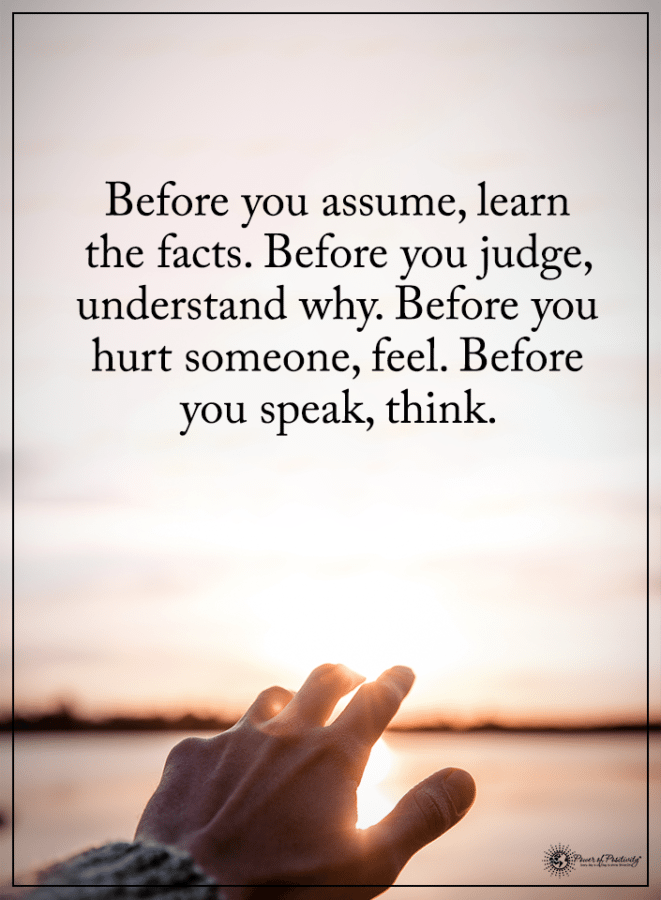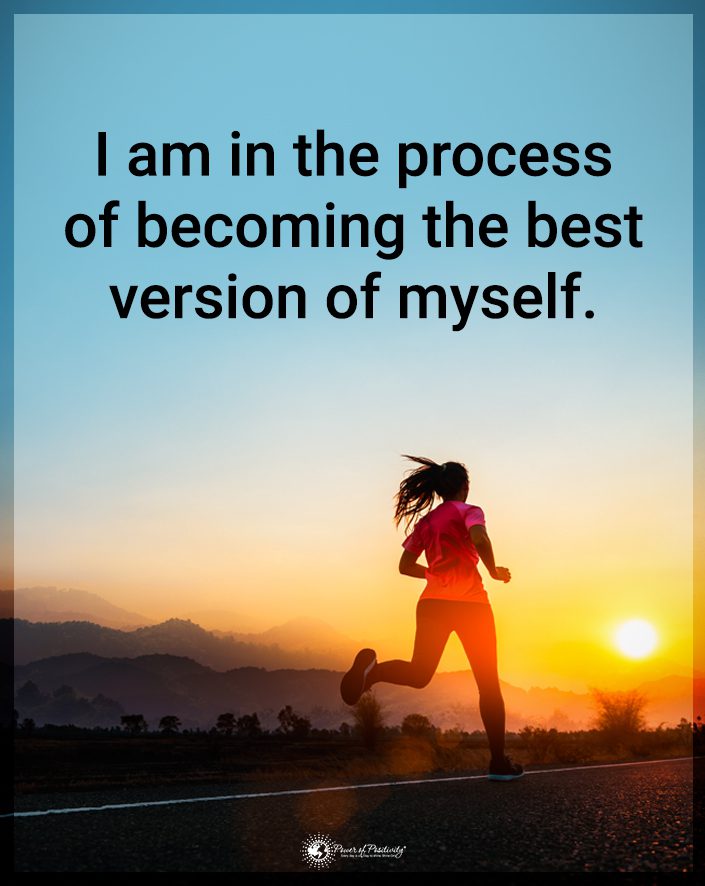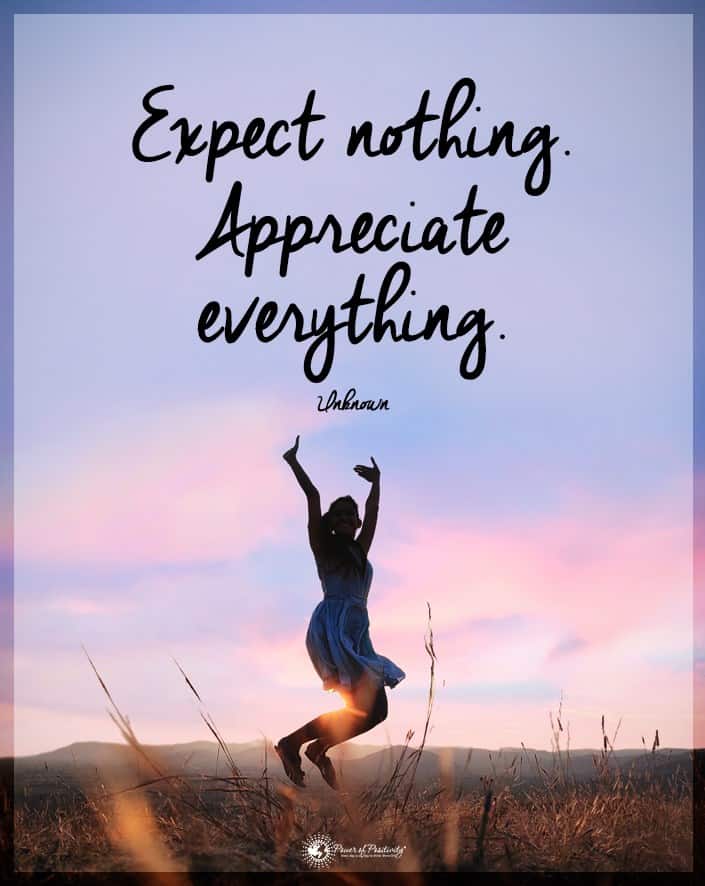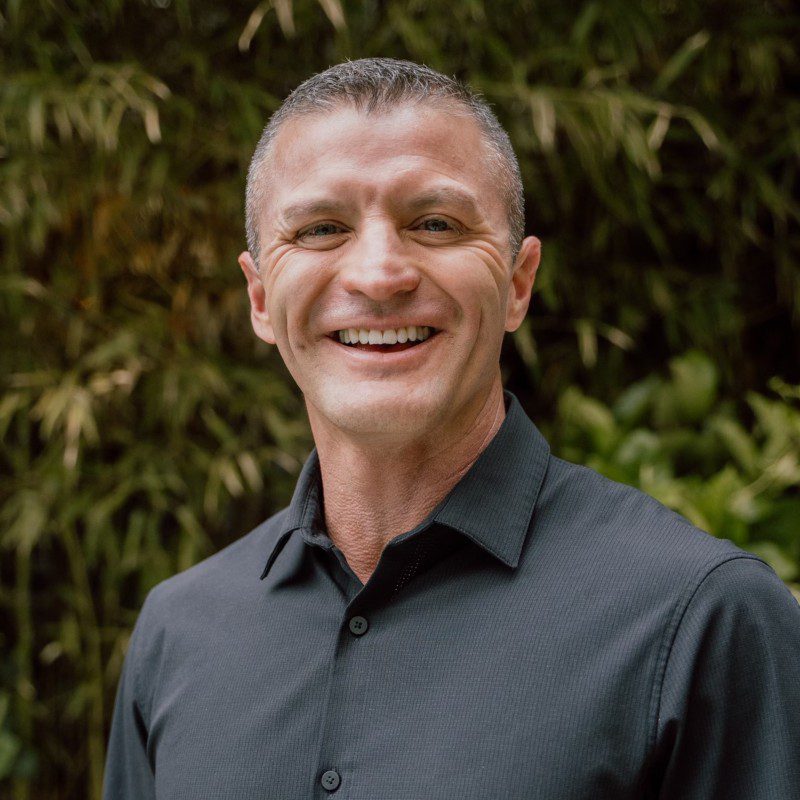“How are you?” is one of the first questions we learn when we are young, as it’s the basis of connecting with others. It’s a way to learn more about someone we have just met or gain insight into what’s happening with a friend. Unfortunately, like many phrases in modern vernacular, the greeting become so watered down that it has lost most of its meaning and power. The good news is that there is hope for humanity regarding this foundational question of communication. We can rebuild it to have the meaning it once did with only three simple tips for a better answer “How are you?”
Before we get there, it’s essential to understand the basis of the question. A quick search states that “How are you?” traces back to the 1600s when this expression was an inquiry about a person’s health or standing. It was typically spoken as “How do you do?” meaning “How do you fare?”. Back then, people were not as comfortable as they are today. Thus, health and well-being could fluctuate far more than they do today.
Everyone responds with a generic answer such as fine or good in today’s world because they use it as a pleasantry and not as an actual question seeking information. The origins probably go back to biblical times, where it may have been used differently, such as “Peace be with you.” This standard greeting was more akin to the original components behind the modern question. But what is at the heart of the question?
First, the greeting asks a question of feeling. Second, an honest answer requires one to respond to their emotions or attitude.
If we can all remember these two things each time we’re asked, we will set ourselves up for success. But it doesn’t end there. So we first need to break old habits, starting with the right attitude.
An Awakening to a Missed Opportunity to Spread Positivity
Many years ago, while at a work conference, I heard a motivational speaker discuss the importance of attitude. “Your attitude is everything,” he said as he shared the importance of responding to the question, “How are you?”. He provided many examples of various ways one could respond when asked. His go-to was “Super-fantastic!” because this was the attitude he presented in all situations, whether others perceived them as good or bad.
This resonated with me as I was still early in my personal development journey and looking for ways to improve my outlook on life and business. Since then, I have consciously tried never to answer with a stereotypical “fine” or “good” when asked.
As I learned all those years ago, the first thing to consider is the attitude you want to uphold. Always remember our thoughts become our words, and our words become our actions, so starting with your thoughts will help you determine the outcome. I’m very optimistic and regularly think positively, allowing for a good starting point. If you are more negative-minded, then try viewing things through a positive lens. This is a proven psychological tactic known as “positive reframing,” which rewires your brain over time to be more positive.
Once you have your attitude in order, avoid making pre-programmed responses like the ones described as your go-to answer. Usually, this is a part habit and part reflex as we all learn these responses over time through interactions. This can sometimes be good to get us more efficiently through our day. That’s why our brains have implemented these responses. In this situation, it’s a habit worth breaking. The good news is you can train your brain to take a different approach. It may take some time, but it will be well worth it.
So, at this point, you may be wondering, I understand that I need to have a good attitude and positive outlook, but once there, how can I provide better answers when asked how are you? That, my friend, is where our three simple tips come into play. I believe in the power of story. Here’s a short fictional tale of three individuals you may relate to with three different answers.
For context, this story will help explain the metamorphosis of “How are you?” from a seemingly mundane greeting to becoming a beacon of positivity and confidence, impacting your overall health and well-being. As we delve into the lives of our three protagonists, we’ll uncover the three tips that will revolutionize your answer to “How are you?”
You will also learn to spark meaningful connections along the way.
A Tale of Three Answers: Revolutionizing Your Response to “How Are You?”
Once upon a time, in a busy, bustling city, there lived three individuals – Elena, Ben, and Cathy. Each had with a unique way of responding to the age-old greeting, “How are you?”
Unbeknownst to them, their journey would lead to a profound revelation about the power of a simple answer and its potential to transform their lives and those around them.
Tip 1: Embrace the Power of Authenticity – Elena’s Tale
Elena, a successful entrepreneur, was constantly on the go, attending meetings, networking events, and managing her growing team. As a result, she was often asked, “How are you?”
Her response, like many others, was the standard, “I’m fine, thank you.”
But beneath the surface, Elena struggled to balance her personal and professional life.
The mounting pressure and stress began to take its toll on Elena, leading to sleepless nights and constant exhaustion. Despite her success, she found herself feeling increasingly disconnected from others. The weight of keeping up appearances weighed heavy on her heart.
One day, while attending a seminar on mindfulness, she had an epiphany. She realized that her answer to the seemingly harmless question was a facade. A light bulb turned on in her head, and from that day forward, Elena vowed to be more authentic in her response. She began answering the greeting with genuine honesty, sharing her victories and struggles alike.
To her surprise, Elena discovered that her authenticity resonated with others. They, too, began to open up, sharing their own stories and feelings. This genuine connection led to stronger relationships, both personally and professionally. Elena’s newfound authenticity made her feel more confident and optimistic. It allowed her to build a support system she never knew she needed.
As her network of genuine connections grew, Elena became less burdened by the stress and pressure that had once consumed her. The power of authenticity had transformed her life, bringing a sense of relief and freedom she had never experienced.
Tip 2: Cultivate an Attitude of Gratitude – Ben’s Journey
Ben, a talented artist, had a passion for painting landscapes. He spent his days capturing the beauty of nature on his canvas, but when asked, “How are you?” he’d often reply, “Not too bad” or “Could be better.” Deep down, he was plagued with doubt, wondering if he would ever receive recognition for his art.
Despite his immense talent, Ben couldn’t shake the feeling that something was missing from his life. Instead, he yearned for a sense of fulfillment and purpose that seemed to elude him. The constant comparison to other artists and the pressure to succeed left him feeling drained and uninspired.
One evening, as Ben was packing up his supplies after a day of painting, he stumbled upon a book that would change his life. The book contained many gratitude stories from people who sounded just like him. It inspired Ben to start focusing on the positive aspects of his life. He decided to infuse his “How are you?” answer with a sense of thankfulness.
Ben would respond when asked the familiar greeting, “I’m grateful for the opportunity to create art today.”
Or, he’d reply, “I’m feeling blessed to be surrounded by such beautiful landscapes.”
This shift in perspective made Ben feel more positive and attracted others who shared his enthusiasm for life. His art began to flourish. And he surrounded himself with a community of like-minded individuals who uplifted and inspired him.
The power of gratitude worked wonders in Ben’s life. The more he focused on the blessings surrounding him, his self-doubt and negative thoughts dissipated. Ben’s newfound appreciation for the simple joys of life brought a sense of fulfillment and purpose that had once eluded him.
Tip 3: Share Your Passion – Cathy’s Awakening
Cathy was a devoted animal rights activist and environmentalist. She spent her days volunteering at shelters and advocating for sustainable practices. When asked, “How are you?” she often replied, “I’m okay.” But her heart yearned to share her passion with the world, hoping others would rally to the cause.
Despite her tireless efforts, Cathy felt frustrated by the need for more awareness and empathy toward the causes she held dear. She knew they could make a difference if more people knew about the issues. She decided to find a way to inspire others and ignite their passion for change.
One day, while discussing her activism with a friend, she was struck with an idea. What if she could share her passion with others by incorporating it into her answer to “How are you?” Instead of responding with the typical “I’m okay,” she would use the greeting to express her commitment to her cause.
When asked the familiar greeting from then on, Cathy enthusiastically responded, “I’m feeling inspired by the work I’m doing to protect animals and the environment!”
This simple change sparked conversations. It also opened doors to new relationships with like-minded people who shared her values and aspirations.
Cathy’s passion was contagious, and her newfound enthusiasm soon spread throughout her social circle. Friends, family, and acquaintances began to take notice and engage with her on a deeper level. Her confidence grew, and she became more motivated to change the world positively.
Cathy inspired others to join her in her mission through perseverance and determination. The ripple effect of her actions led to a greater awareness of the issues she championed, ultimately contributing to meaningful change in her community and beyond.
The Transformation of “How Are You?” With These 3 Easy Tips
Through Elena’s authenticity, Ben’s gratitude, and Cathy’s passion, our protagonists discovered that an improved answer to “How are you?” had the power to transform their lives and the lives of those around them. By being true to themselves, focusing on the positive, and sharing their passions, they cultivated relationships built on positivity, support, and inspiration.
So consider these three tips when asked, “How are you?”:
- Embrace the power of authenticity: Be honest about your feelings and experiences and invite others to do the same.
- Cultivate an attitude of gratitude: Focus on the positive aspects of your life. Allow your thankfulness to inspire those around you.
- Share your passion: Use the question to express your enthusiasm for what truly matters to you.
In the end, the transformation of our three protagonists serves as a powerful reminder that a seemingly ordinary greeting can catalyze extraordinary change. By embracing the power of authenticity, cultivating gratitude, and sharing your passion, you can turn a simple inquiry into a life-changing moment. This shift in perspective will benefit you. In turn, you create a ripple effect that can positively impact the lives of those around you.
The journey of Elena, Ben, and Cathy has shown us that a slight shift in our response to “How are you?” can make a world of difference in our lives and the lives of those we encounter. As you navigate life’s ups and downs, remember the lessons from Elena, Ben, and Cathy. Their stories testify to the power of a genuine, heartfelt answer to the greeting, “How are you?”
Final Thoughts on Replying To the Greeting, How Are You?
Remember, you have the power to foster meaningful connections, spread happiness, and, ultimately, enrich your life and the lives of those around you. So, the next time someone asks you, “How are you?” take a moment to pause and consider the opportunity that lies before you. It presents a chance to inspire, connect, and transform.
And as you set forth on your journey of self-discovery and personal growth, remember that the world is full of fellow travelers. Each person has a unique story to tell. When we come together, sharing our struggles, we create a more connected, compassionate world, one conversation at a time.
So go out, and embrace the transformative power of your answer to “How are you?”
The world is waiting to hear your story. Are you ready to share it?

















 Community
Community

